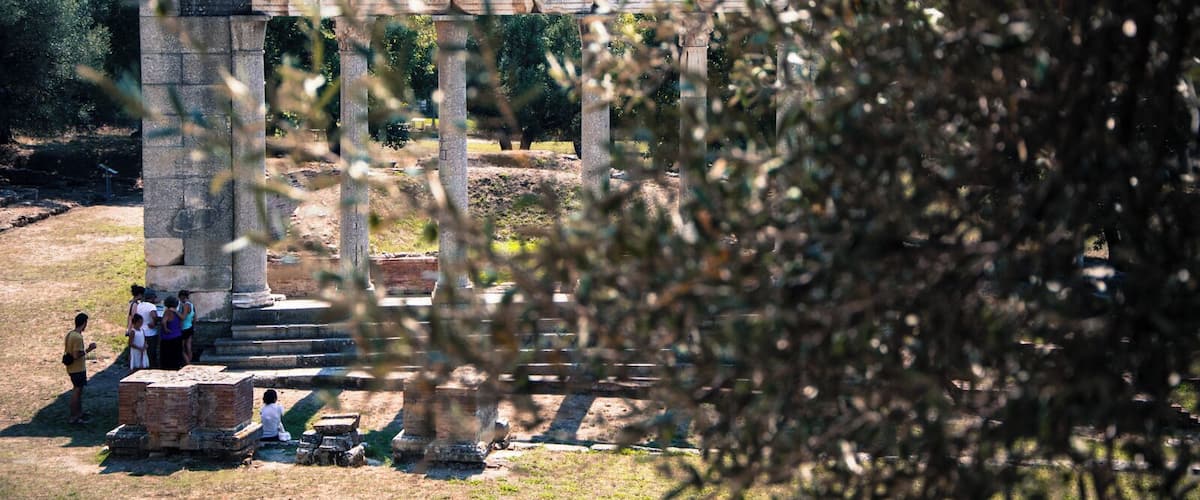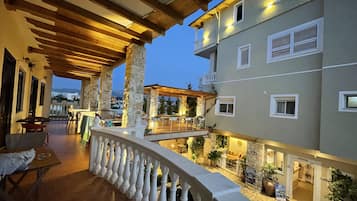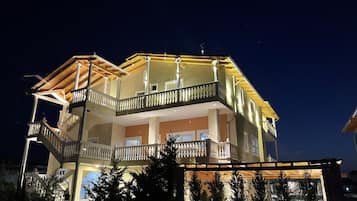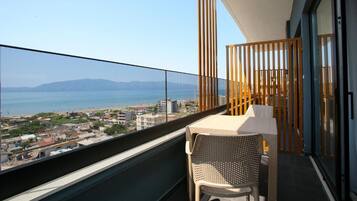“This accommodation was spotlessly clean, beautifully decorated and well situated. The bed was so comfy, and we appreciated having the sofa as an alternative to just sitting on the bed. Bathroom was spacious with an hot and powerful shower. Crisp linens and fluffy towels provided. Ample parking and a choice of nearby restaurants. The host was very friendly and hospitable. Having stayed in several accommodations throughout our stay in Albania, this one far surpassed all others yet we paid only a...
“This accommodation was spotlessly clean, beautifully decorated and well situated. The bed was so comfy, and we appreciated having the sofa as an alternative to just sitting on the bed. Bathroom was spacious with an hot and powerful shower. Crisp linens and fluffy towels provided. Ample parking and a choice of nearby restaurants. The host was very friendly and hospitable. Having stayed in several accommodations throughout our stay in Albania, this one far surpassed all others yet we paid only a...
Kerry




































